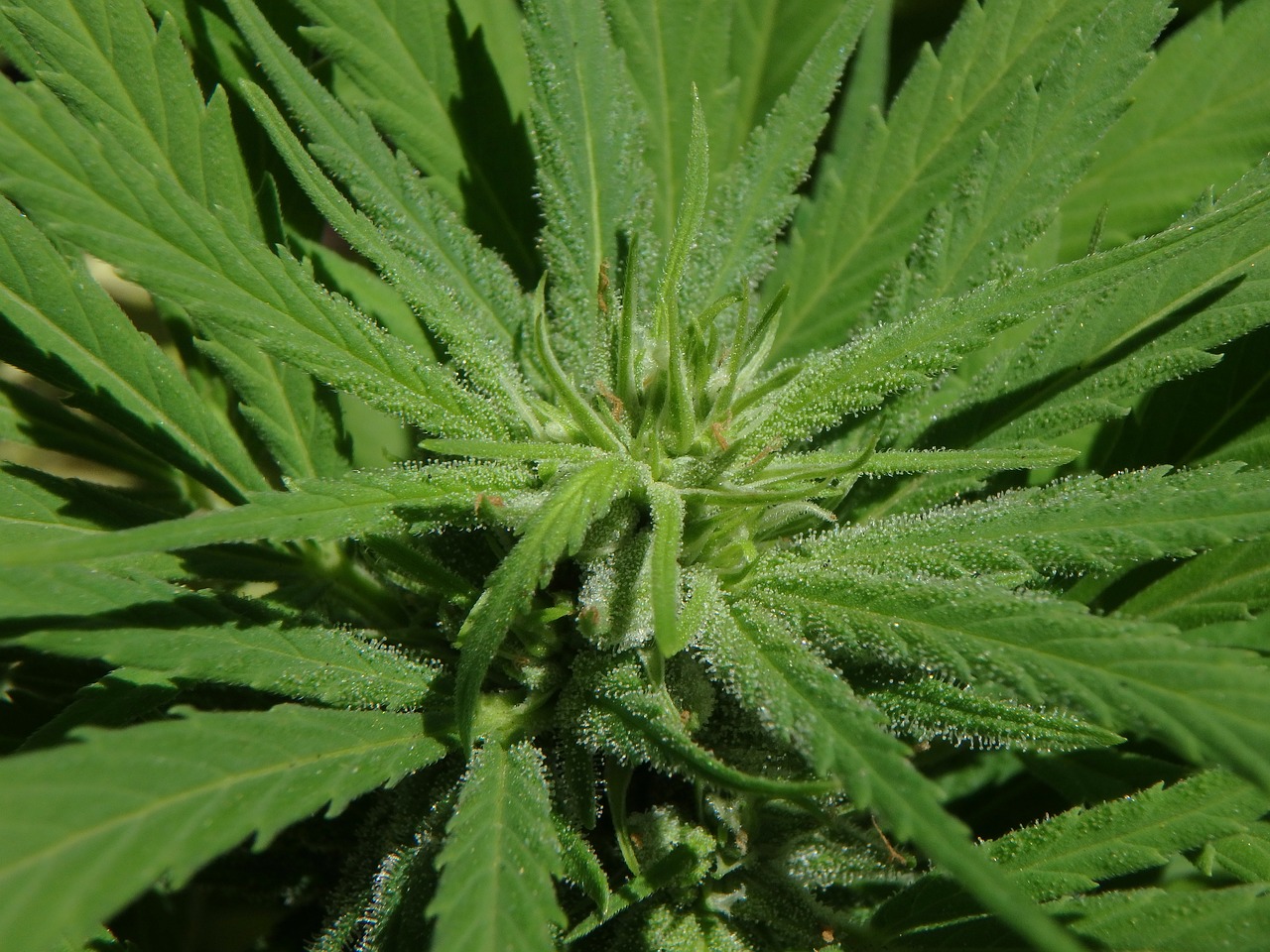Is Cannabis a Blood Thinner: Unveiling the Truth
Cannabis has long been a subject of fascination and debate, with proponents touting its medicinal properties and opponents highlighting potential risks. One intriguing question that often arises is, “Is cannabis a blood thinner?” In this detailed exploration, we aim to provide a comprehensive understanding of the relationship between cannabis and blood thinning. Join us as we delve into the science, benefits, and potential risks associated with cannabis in relation to blood thinning.
Is Cannabis a Blood Thinner?
Cannabis, commonly referred to as marijuana, comprises various compounds, including cannabinoids. One of the key cannabinoids found in cannabis is delta-9-tetrahydrocannabinol (THC). THC is responsible for the psychoactive effects of cannabis, but it also interacts with the cardiovascular system.
The Role of THC in Blood Thinning
THC has been shown to have anticoagulant properties, meaning it can inhibit the formation of blood clots. This raises the question: does cannabis thin the blood? The answer is yes, but it’s essential to delve deeper into the nuances.

How Does Cannabis Affect Blood Thickness?
When THC enters the bloodstream, it interacts with the body’s endocannabinoid system, which plays a vital role in maintaining various physiological processes, including blood clotting. THC can potentially slow down the process of platelet aggregation, which is essential for clot formation.
However, it’s crucial to note that the extent of blood thinning can vary from person to person and depends on factors such as the method of consumption, dosage, and individual tolerance to THC.
Cannabis as a Medicinal Option
While the blood-thinning properties of cannabis may raise concerns, they also open the door to potential medicinal benefits. Let’s explore how cannabis can be a therapeutic option.
Managing Cardiovascular Conditions
For individuals with certain cardiovascular conditions, such as atherosclerosis, where blood clots can pose severe risks, the mild blood-thinning effect of cannabis might be beneficial. It could potentially help reduce the risk of clot-related complications.
Pain Management
Cannabis has gained popularity as a pain management option, especially for chronic pain conditions. By offering pain relief, it can indirectly contribute to improved cardiovascular health by reducing stress and discomfort.
Anxiety and Stress Reduction
Chronic stress is a known risk factor for cardiovascular disease. Cannabis, when used responsibly and in moderation, may help alleviate anxiety and stress, potentially contributing to better heart health.
Potential Risks and Precautions
While cannabis shows promise as a blood-thinning agent and offers potential health benefits, it’s essential to be aware of the potential risks and take precautions.

Interaction with Medications
Cannabis can interact with certain medications, including blood thinners like Warfarin. If you’re on prescription medications, consult with your healthcare provider before incorporating cannabis into your routine.
Dose Control
The key to reaping potential benefits without excessive blood thinning is careful dose control. Start with low doses and monitor your body’s response.
Individual Variability
Remember that individual responses to cannabis can vary. What works for one person may not have the same effect on another.
FAQs
Q: Can cannabis replace prescription blood thinners?
No, cannabis should not replace prescribed blood thinners without consulting a healthcare professional.
Q: Are there non-psychoactive forms of cannabis with blood-thinning properties?
Yes, cannabidiol (CBD) is a non-psychoactive cannabinoid that may have mild blood-thinning effects.
Q: How can I consume cannabis for potential blood-thinning benefits?
Common methods include smoking, vaping, edibles, or tinctures. Consult a healthcare professional for guidance.
Q: Can cannabis use lead to bleeding disorders?
Prolonged and heavy cannabis use may increase the risk of bleeding disorders, but it’s rare.
Q: Are there age restrictions for using cannabis for blood-thinning benefits?
Yes, legal age restrictions for cannabis use vary by location and should be adhered to.
Q: Is it safe to use cannabis alongside other herbal blood thinners?
Combining cannabis with other herbal blood thinners should be done with caution and under medical supervision.
Conclusion
In conclusion, the question “Is cannabis a blood thinner?” has a nuanced answer. While cannabis, specifically THC, can exhibit blood-thinning properties, its effects vary among individuals. Responsible and informed use, along with consultation with a healthcare provider, is essential when considering cannabis for potential blood-thinning benefits.
Remember, cannabis should complement, not replace, medical advice and prescribed treatments. If you’re intrigued by the potential of cannabis as a blood thinner, consult with a healthcare professional to make informed decisions about your health and well-being.

